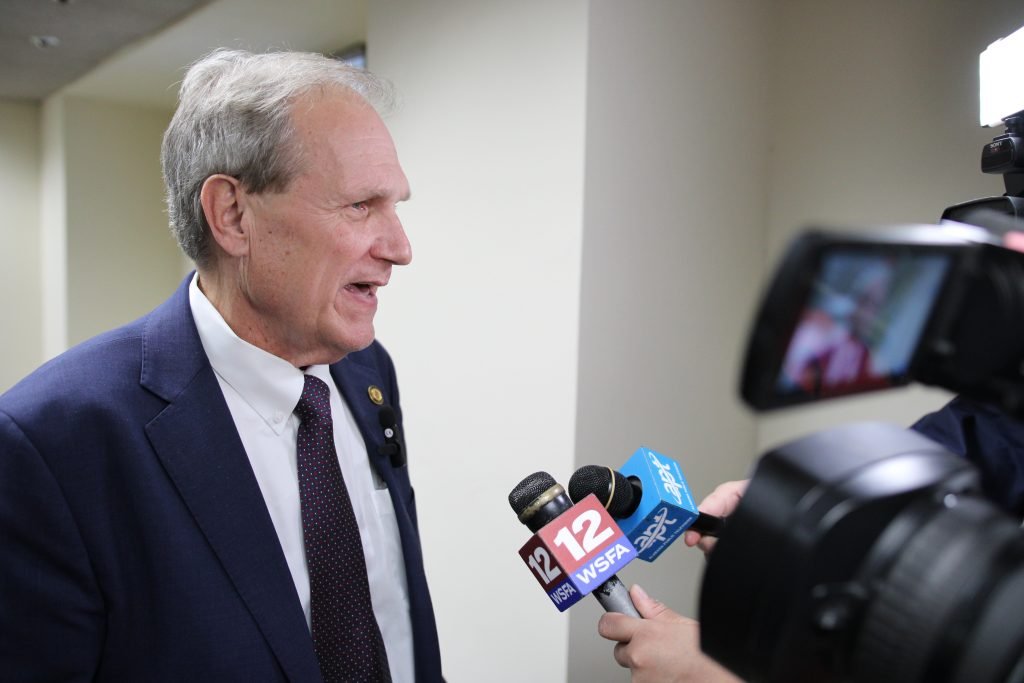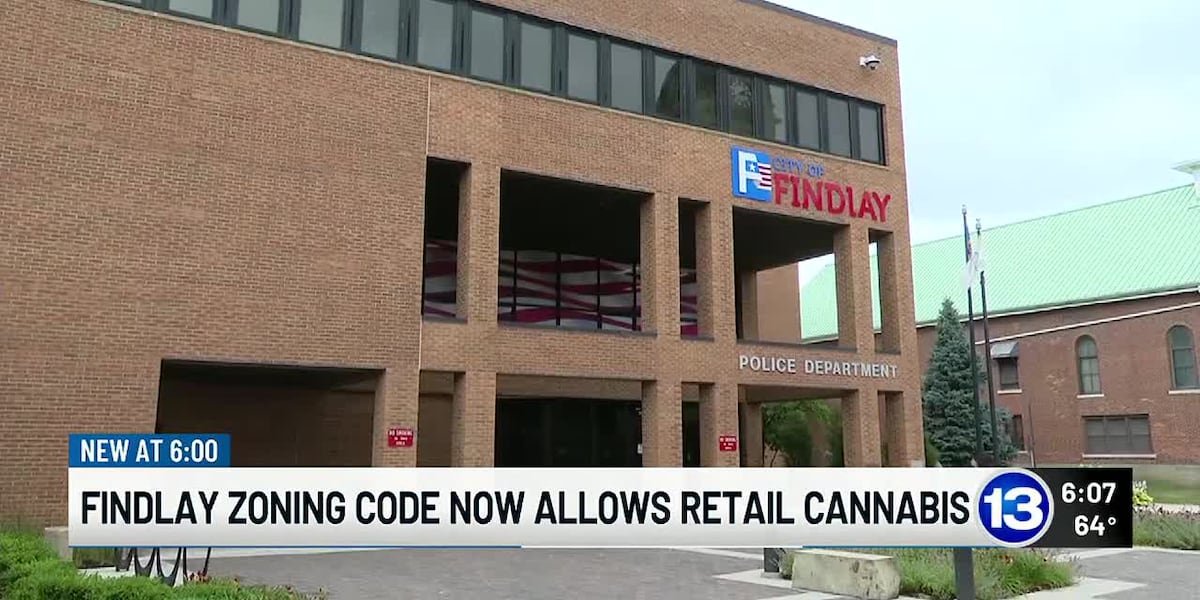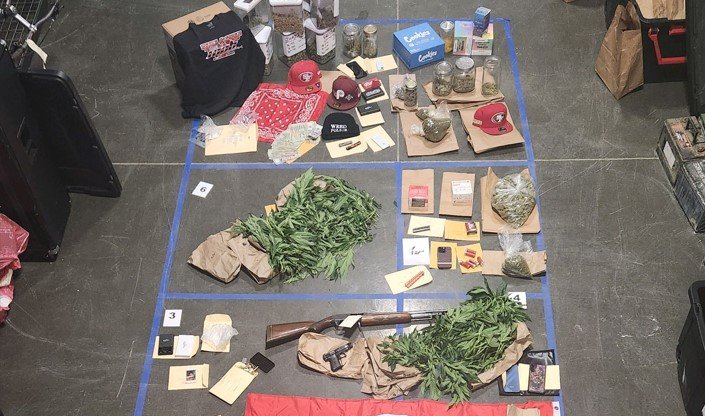MONTGOMERY, Ala. — In the face of significant opposition from parts of the Alabama business community, state lawmakers are advancing efforts to regulate psychoactive cannabinoid products. This includes products like delta-8 and THC-infused beverages, which are derived from cannabis or hemp.
Representative Andy Whitt, R-Harvest, highlighted the urgency of these regulations, noting that in 2023, the Alabama Poison Information Center handled 235 cases related to delta-8. Alarmingly, over 40% of those cases involved children aged six and under. Whitt has introduced House Bill 445, which aims to regulate all consumable hemp products in a manner similar to alcohol regulations. He emphasized that while this undertaking will be challenging, it is essential for the safety of the state’s future.
Whitt is joined in this initiative by Senator Tim Melson, R-Florence, who initially sought to ban all psychoactive cannabinoid products by classifying them alongside drugs like cocaine and marijuana. After this approach failed, Melson introduced Senate Bill 237, which aims to regulate these products similarly to alcohol. This bill proposes that the Alcoholic Beverage Control Board will oversee THC-infused drinks, while other psychoactive cannabinoids will be monitored by both the ABC Board and the Department of Revenue.
Senate Bill 237 also includes strict advertising restrictions, requires new licenses for retailers, and imposes a 10% excise tax on all sales of psychoactive cannabinoid products. However, the bill faced pushback in a recent Senate committee meeting, where it resulted in a tied vote of 4-4. Industry representatives expressed concerns about the implications of placing hemp under the jurisdiction of the Alcoholic Beverage Control Board.
Molly Cole from the Alabama Hemp & Vape Association argued that this regulatory shift would burden an already overwhelmed agency and could result in harsher penalties for hemp products compared to alcohol and tobacco. Following the committee meeting, Melson addressed the criticism, stating that he is motivated by public safety concerns, particularly regarding children ending up in emergency rooms due to unregulated products.
Melson pointed out that some organizations opposing the regulations, such as the Hemp Industries Association, fear that excessive regulation could lead to a surge in black market demand, which poses greater risks for consumers. However, he expressed skepticism about the motivations of local businesses that argue against the regulation, suggesting they may be trying to exploit legal loopholes in the industry.




